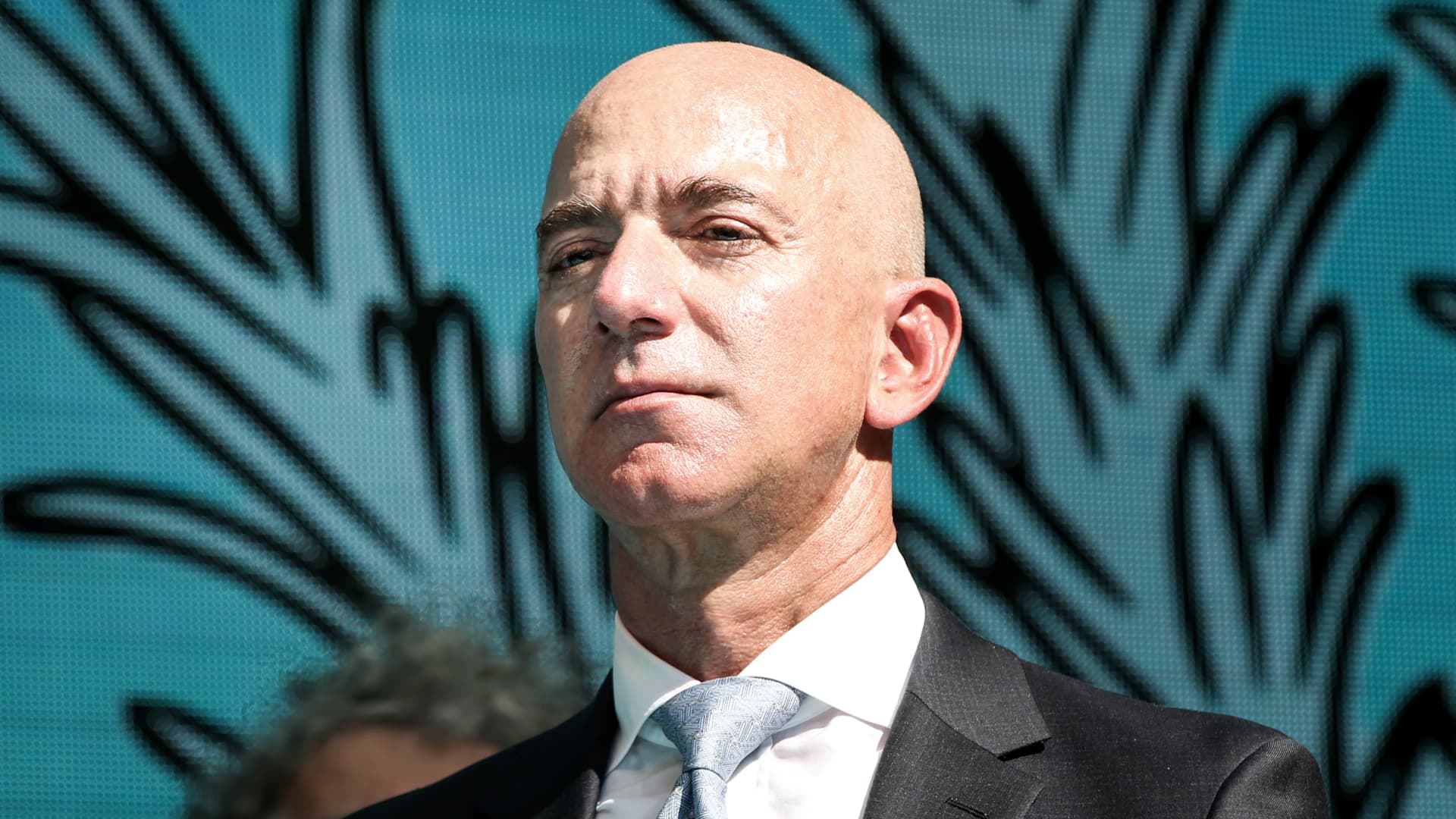now I'm certain that you don't know what a monopoly is. Exclusive control only refers to a pure monopoly, a concept that doesn't really exist in real life with the exception of state controlled markets and a few exceptions.
How am I supposed to know the definition of a word that isn't written down anywhere? Before, you said you could easily link to several sources which corroborate your esoteric definition of monopoly, but now you're saying "Trust me, I'm an authority". If you're the type of person to just believe someone because they told you to, well you do you.
Even factoring out control by the state, you can't just say pure monopolies don't exist and then immediately say "but there are exceptions". I know of many places in the U.S. that are served by literally one ISP, an actual pure monopoly.
But those don't count because they wouldn't match
your narrative.
Anyone who has any education in economics, like I have, will tell you that it is a monopoly when an entity is in a dominant position in a market. It doesn't even need to be 50% or any arbitrary number, it needs to be able to influence the entire market from a dominant position.
I doubt most with an education in economics also have a habit of logically contradicting themselves in the same paragraph as you do.
You say the criterion for a monopoly doesn't require an arbitrary percentage of market share, but then immediately say it just has to be a "dominant" position. Well how exactly does one determine what is or isn't a "dominant" position?
Dominant can't just mean "greater than everyone else" because then Intel would be a monopoly for X86 CPUs, and we can all see that's clearly not the case. So then "dominant" would have to be determined by... wait for it... "arbitrary" metrics! Since when was economics so shy and vague about quantifying things?
But all that aside, the more important issue is that there are two different types of monopolies:
1. A monopoly that remains a monopoly because they use anti-competitive practices.
2. A monopoly that persists because people actually desire it over others, I.e. a market-chosen monopoly.
The first type of monopoly you might be able to legislate away, but the second one can only be legislated away via increasingly totalitarian methods.
Google currently fits both types, but I am arguing that most of its power comes from the fact that it's primarily the second type of monopoly. Thus, even if legislation was effective at removing Google from the first type of monopoly, it would be largely ineffective at removing Google from the second type of monopoly. This is what I mean when I say that legislation is likely to be ineffective against Google. Unless you can imagine a specific hypothetical regulation or set of regulations that can take away Google's dominant position and create a new supposedly fair search engine market.
